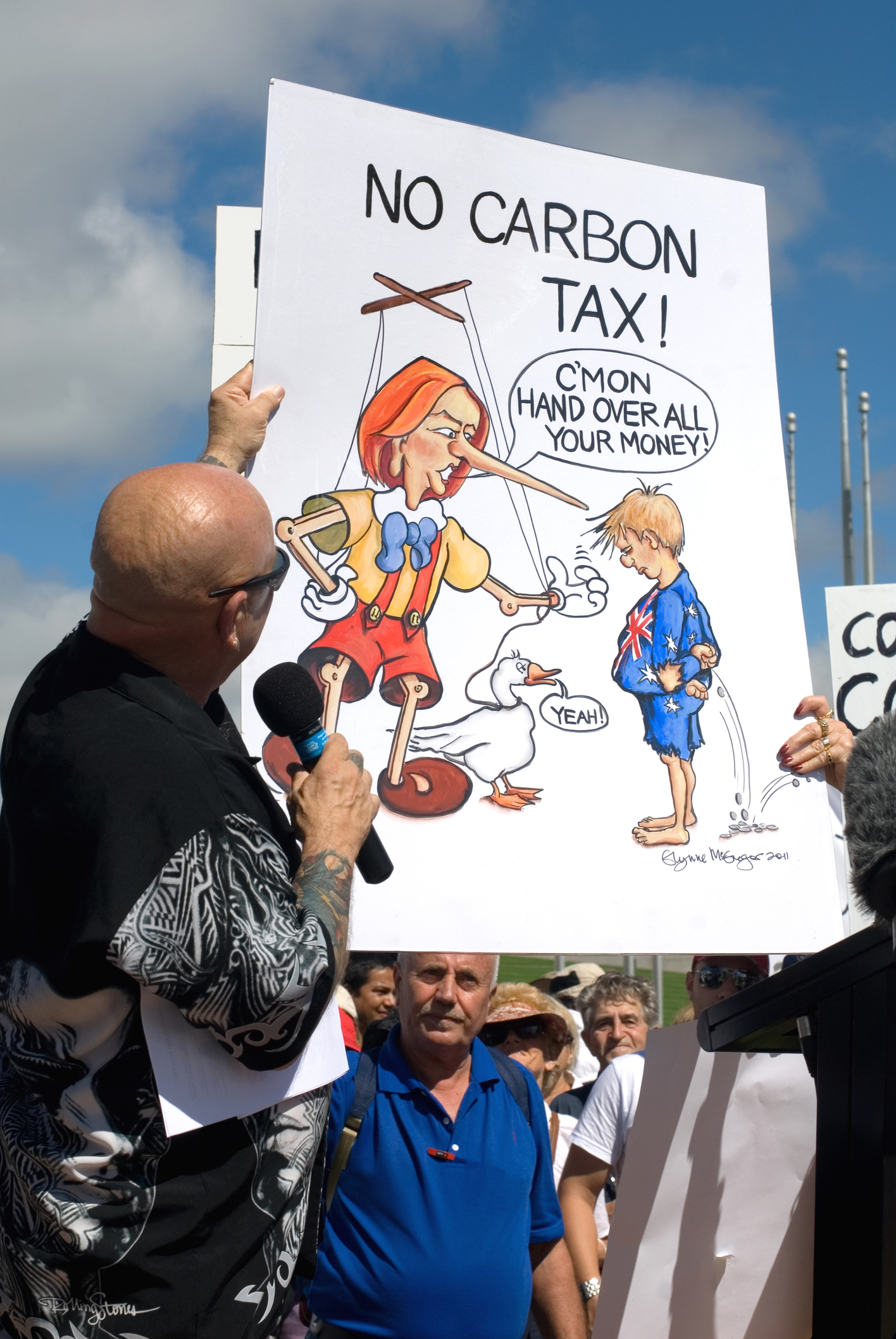Trenton, NJ – Rep. Mikie Sherrill (D-NJ), now the Democratic nominee for governor of New Jersey wants carbon taxes after voting against a congressional measure that condemned the carbon tax policy as harmful to the U.S. economy.
One year before New Jersey was hit with the full brunt of Phil Murphy’s energy crisis, and 30% increases in electricity, Mikie Sherrill voted in favor of crippling carbon taxes which penalize Americans for using gas powered cars, stoves, appliances, and yard tools.
In March 2024, the House passed H. Con. Res. 86, a nonbinding resolution declaring that a carbon tax would be “detrimental to American families and businesses.” The measure warned that such a tax would drive up the cost of gas, electricity, and manufactured goods, while hurting the poor and elderly the most.
Sherrill voted against the resolution, signaling her openness to using carbon pricing as a climate policy tool. As governor of New Jersey, she can take her carbon tax plan to the state level, and with a Democrat controlled Assembly and Senate, she can get her carbon tax through the halls of the Trenton Statehouse.
Her opponent, Jack Ciattarelli argued that her stance could lead to higher costs for New Jersey households, particularly in a state heavily reliant on driving and home heating oil and gas powered automobile transportation in areas void of mass transit options.
Supporters counter that a carbon tax would incentivize clean energy, reduce emissions, and generate revenue that could be reinvested in green infrastructure or used to offset costs for lower-income residents, but so far that hasn’t happened.
Phil Murphy’s green energy agenda, the closing of nuclear, coal, and gas-powered electric plants, and an all-in approach on a failed offshore wind industry have led to catastrophic financial burdens for New Jerseyans, a nearly 30% energy cost increase in the past two years.
What is a carbon tax?
A carbon tax is a fee placed on the carbon emissions released from fossil fuels such as coal, oil, and natural gas. The policy is designed to make polluters pay for the environmental costs of their emissions while pushing businesses and consumers toward cleaner energy options.
The tax is often applied “upstream” at the point of fossil fuel extraction or import, simplifying enforcement. While the main goal is to reduce greenhouse gas emissions, it also generates revenue, which governments can choose to use for clean energy investments, rebates, or tax relief. That “tax relief” comes at the cost of the energy companies passing the tax on to the customers who fuel their cars, heat their homes, and power their tools.
Potential impact on New Jersey
- Costs: Gasoline, electricity, and heating fuel prices could rise even more.
- Equity: Low-income families may feel the impact the most unless offsetting rebates are implemented.
- Climate goals: New Jersey, with its aggressive renewable energy targets, could accelerate the transition to wind, solar, and electric vehicles under a carbon tax, forcing New Jerseyans to pay for costly new vehicles and equipment during the transition.
- Revenue use: The effectiveness of such a tax would hinge on how the state or federal government allocates funds generated. To date, none of the cost savings promised by the governor’s green energy agenda have benefited residents. In fact, the opposite has happened. New Jersey is now paying more for energy than ever before in history.
As Sherrill campaigns for governor, her position on carbon pricing is expected to become a flashpoint issue, particularly as Republicans tie her vote against the resolution to warnings about economic harm.
